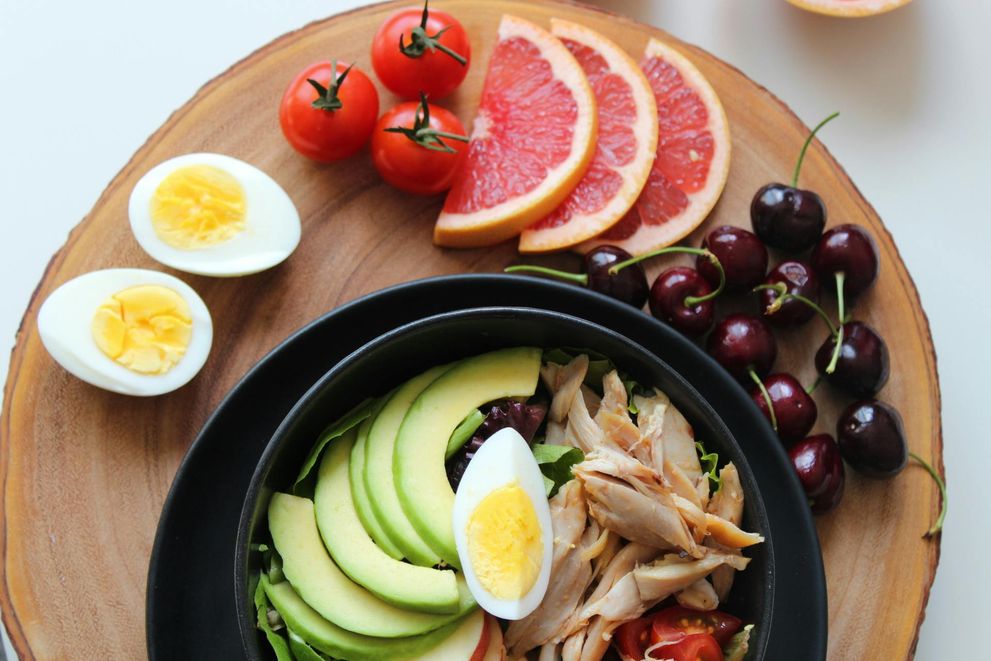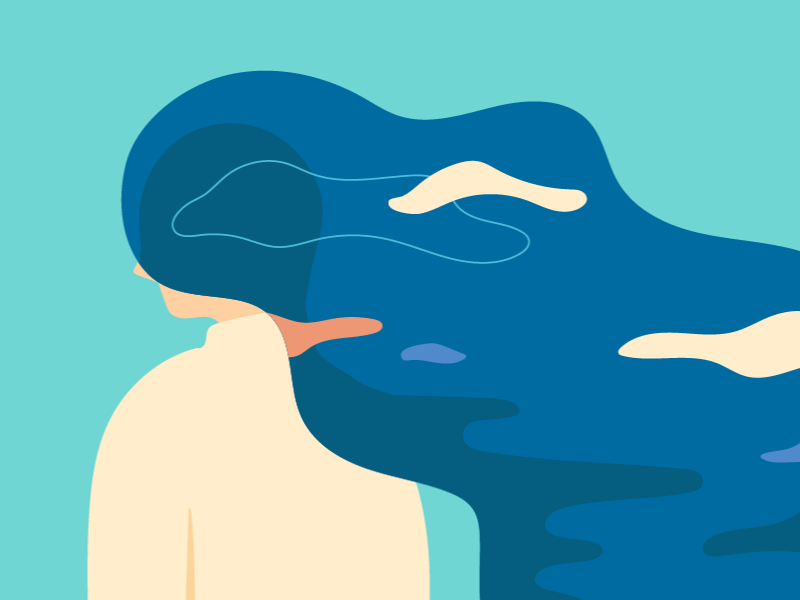
How the Carnivore Diet Helps Women Manage Emotional Eating: Tips for a Supportive Approach
Emotional eating is a challenge many women face, often rooted in stress, boredom, or the desire for comfort. Turning to food for emotional relief can ...

As we dive into 2024, let’s get real about something we often sideline—our mental health. Sure, life throws us curveballs that could make even a saint swear, but did you know your kitchen pantry might hold some secret weapons against the blues? That’s right, what we eat can do more than just keep our bodies fit—it can shape our mental well-being too!
So, grab a snack (make it a healthy one!), and let’s chew over the best diets that could help manage depression and actually make you feel as good as that Instagram influencer pretends to be!

Imagine you’re lounging by the Mediterranean sea, sipping on a glass of red wine—sounds relaxing, right? Well, bringing a slice of that lifestyle into your diet could help lift your spirits too! The Mediterranean diet isn’t just good for your heart; it’s a champ for your brain too. This diet is rich in fruits, veggies, nuts, whole grains, and yes, the occasional glass of red wine.
Why It Works: It’s all about those Omega-3 fatty acids, antioxidants, and fibers which are great mood stabilizers. Studies suggest that women who stick to this diet lower their risk of depression by up to 30%—that’s not just good stats; that’s a game-changer!
Fun Fact: Did you know that olive oil was once called ‘liquid gold’ by the ancient Greeks? Well, it’s time to drizzle that gold on your salad and get that mood shining!
The DASH (Dietary Approaches to Stop Hypertension) diet might have been designed to lower blood pressure, but it’s also making waves in the mental health ocean. This diet emphasizes cutting out the junk and focusing on what your body really needs—fruits, veggies, whole grains, and lean meats.
Why It Works: This diet reduces physical health issues that can drag you down mentally. Plus, maintaining balanced blood sugar levels can be quite effective in stabilizing mood swings.
Surprising Stat: Following the DASH diet can reduce the risk of depression in women by up to 25%. That’s like turning your diet into a happiness potion!

Did you know that inflammation in your body can mess with your brain too? It’s like having an unwelcome party crasher ruining your good vibes. The Anti-Inflammatory diet is all about kicking out foods that cause inflammation (looking at you, sugar and processed meats!) and inviting more anti-inflammatory foods like tomatoes, leafy greens, and nuts.
Why It Works: This diet helps reduce inflammation, which is linked to a lower risk of depression. Think of it as putting out a fire before it spreads to the curtains!
Cool Tip: Turmeric is your friend. This spice not only adds color to your curry but can also help keep your mood from getting too spicy (i.e., down and inflamed).
Moving towards a plant-based diet doesn’t just help the planet—it could help your mental health too! This diet focuses on foods derived from plants, including vegetables, grains, nuts, seeds, legumes, and fruits, while avoiding animal products.
Why It Works: High intakes of fruits and vegetables have been linked to lower rates of depression. Plants are packed with nutrients that boost brain health, and they’re kind to your gut bacteria, which play a huge role in how you feel.
Plant Fun Fact: Did you know that bananas can make you smile? They contain tryptophan, which your body converts into serotonin, the ‘feel-good’ neurotransmitter.
The ketogenic diet is a bit like Marmite—you either love it or you don’t. By drastically reducing carbs and bumping up fats, your body enters a state of ketosis which some suggest might have mood-stabilizing properties.
Why It Might Work: There’s some evidence suggesting that ketosis can elevate levels of GABA, a neurotransmitter that has a naturally calming effect on the brain. But remember, this diet is not for everyone and might feel more like a rollercoaster for some.
Keto Kicker: Before jumping on the keto bandwagon, chat with a nutritionist to see if it’s the right fit for you. It’s a bit like choosing a dance partner—chemistry is key!
Choosing the right diet for depression is about finding what feels good and sustainable for you. Whether you’re drizzling olive oil, going nuts on legumes, or just trying to eat a little cleaner and greener, remember that every little bite is a step towards a healthier mind.
And here’s the last nugget of advice: don’t go at it alone! Combining these diets with therapy, exercise, or meditation can amplify your results and really get you feeling like the queen you are!
Ready to eat your way to happiness? Your fork is your wand—wave it wisely!
A: Absolutely! Numerous studies highlight the link between diet and mental health. Nutrient-rich diets like the Mediterranean and DASH have been associated with lower rates of depression due to their high levels of vitamins, minerals, and antioxidants which are essential for brain health.
A: The Mediterranean diet is rich in Omega-3 fatty acids, fruits, vegetables, nuts, and whole grains—all known for reducing inflammation and supporting brain function. This diet not only lowers the risk of depression but also improves overall emotional well-being.
A: While individual experiences vary, many people report feeling better within a few weeks of making dietary changes. However, consistent long-term adherence provides the most significant benefits.
A: A plant-based or vegan diet can be beneficial due to its high content of nutrients that fight inflammation and support nerve function. However, it’s crucial to ensure you’re getting enough vitamin B12, omega-3, and iron, which are commonly found in animal products and essential for mental health.
A: Yes, try to limit or avoid alcohol, caffeine, processed foods, and sugars. These can trigger inflammation, spike blood sugar levels, and affect your mood and energy levels.
A: While diet plays a critical role in mental health, it should complement rather than replace conventional treatments prescribed by healthcare professionals, especially in severe cases. Always consult with a medical provider before making any changes to your treatment plan.
A: Begin by incorporating more omega-3 fatty acids into your diet, which are found in fish like salmon and flaxseeds. Omega-3s are proven to help regulate neurotransmitters, reduce inflammation, and improve mood.

Emotional eating is a challenge many women face, often rooted in stress, boredom, or the desire for comfort. Turning to food for emotional relief can ...

Bipolar disorder can be a rollercoaster ride of emotions, swinging between the highs of mania and the lows of depression. If you're a woman living wit...

The connection between what we eat and how we feel is powerful—certain foods provide the nutrients our brain needs to support mood, energy, and overal...

The carnivore diet is more than just an eating plan—it’s a full-body transformation strategy that can uniquely affect body composition, particularly w...

Social gatherings often mean a spread of carb-heavy foods and tempting desserts that can make sticking to the carnivore diet feel tricky. But with a b...